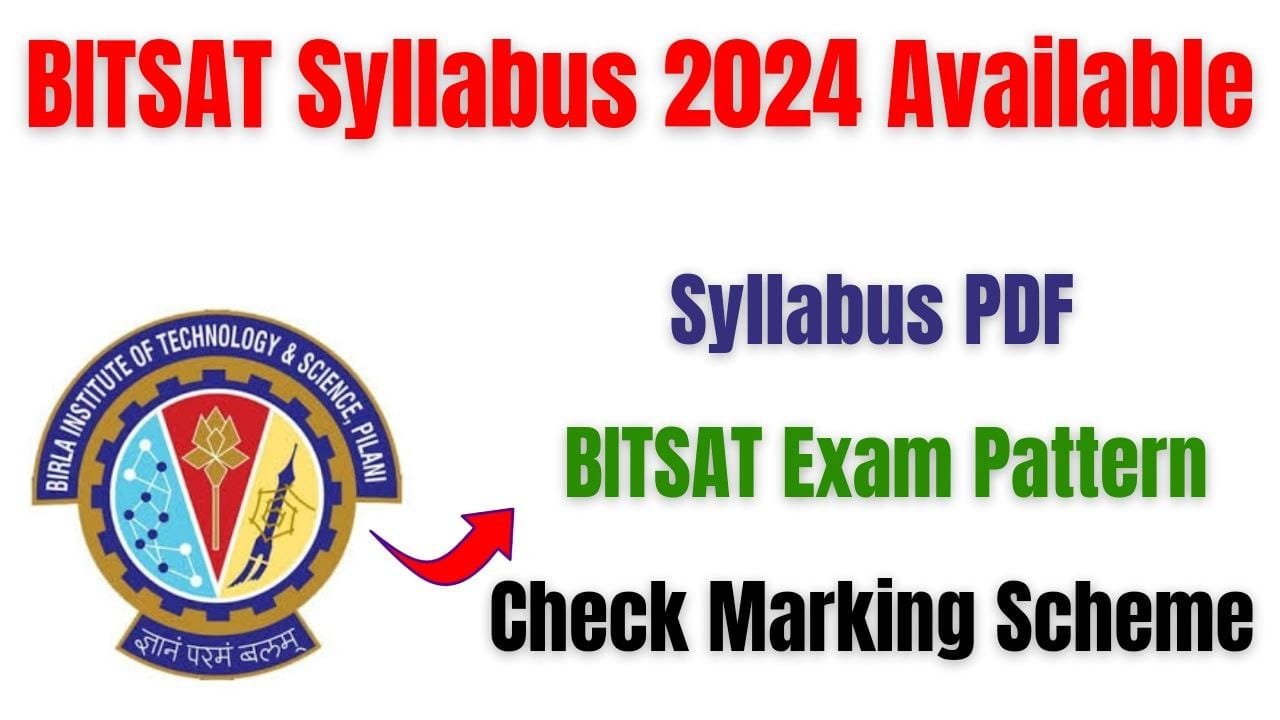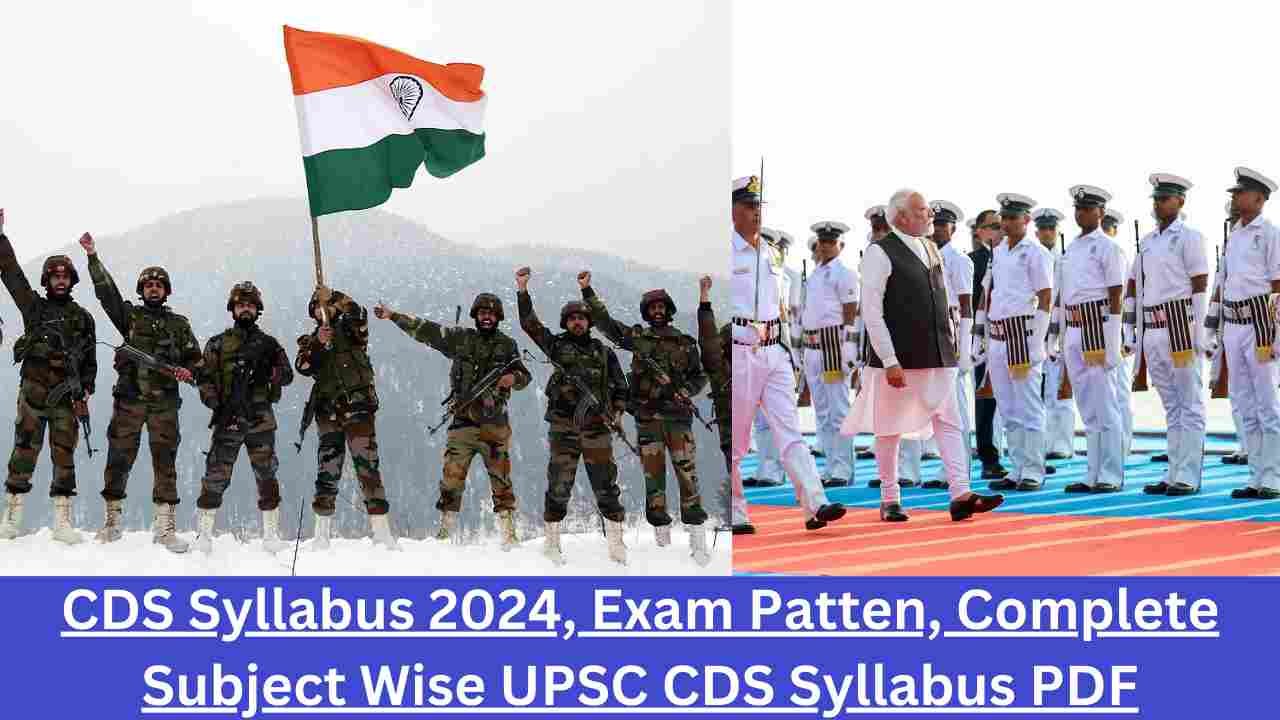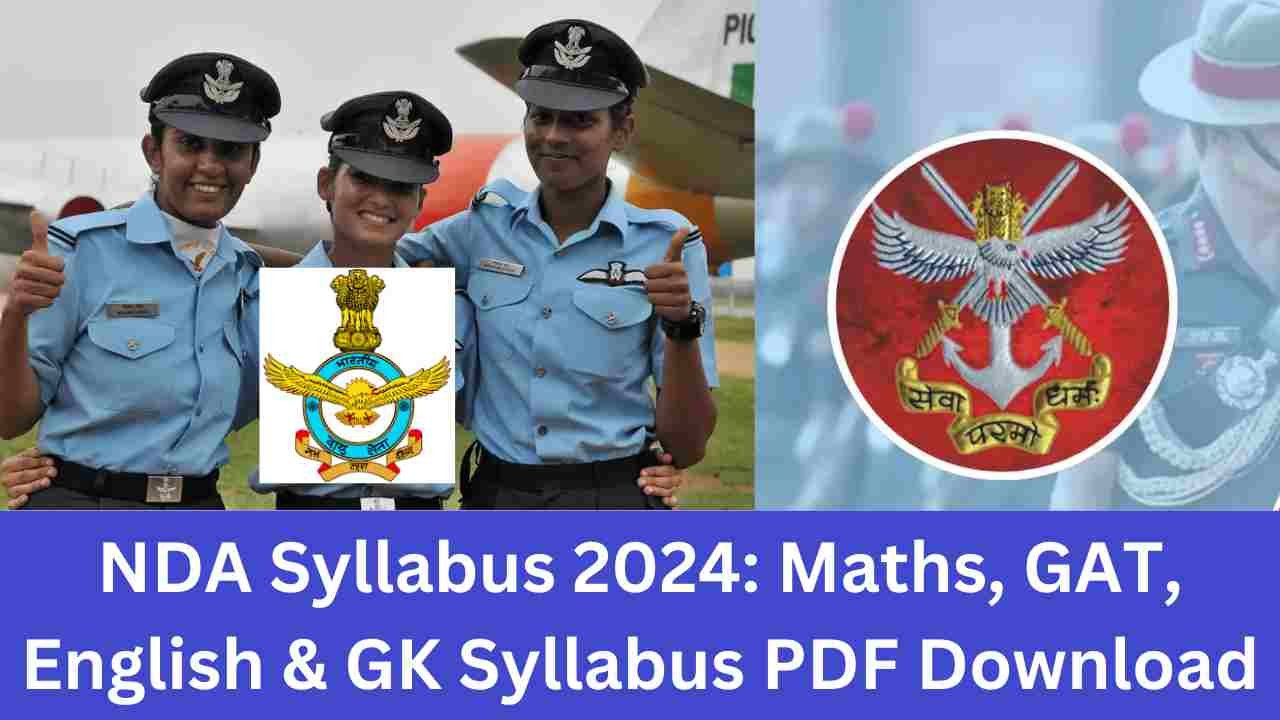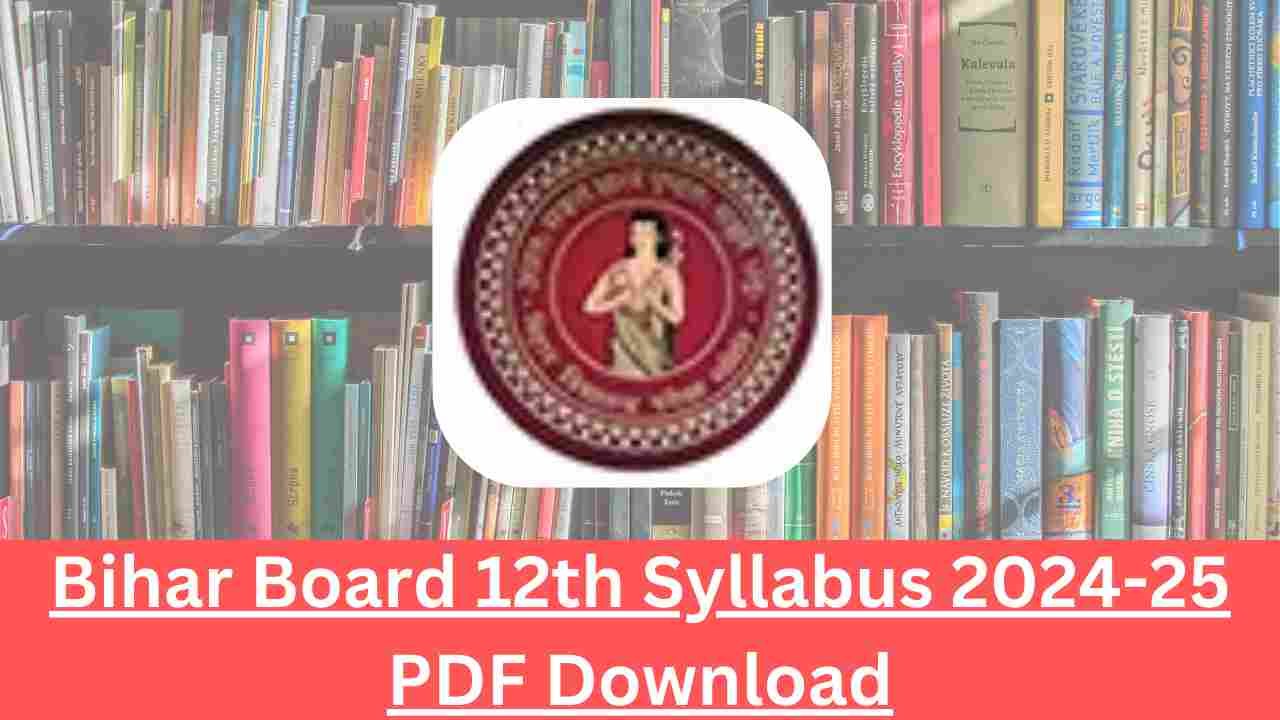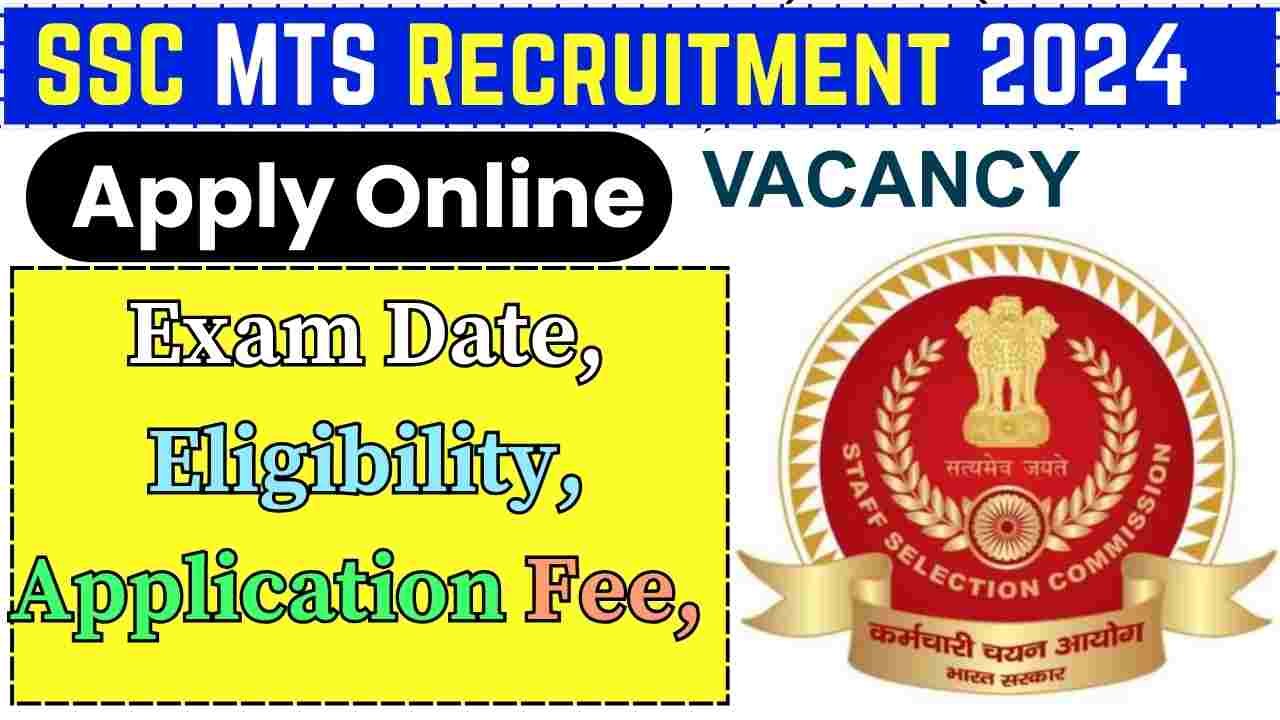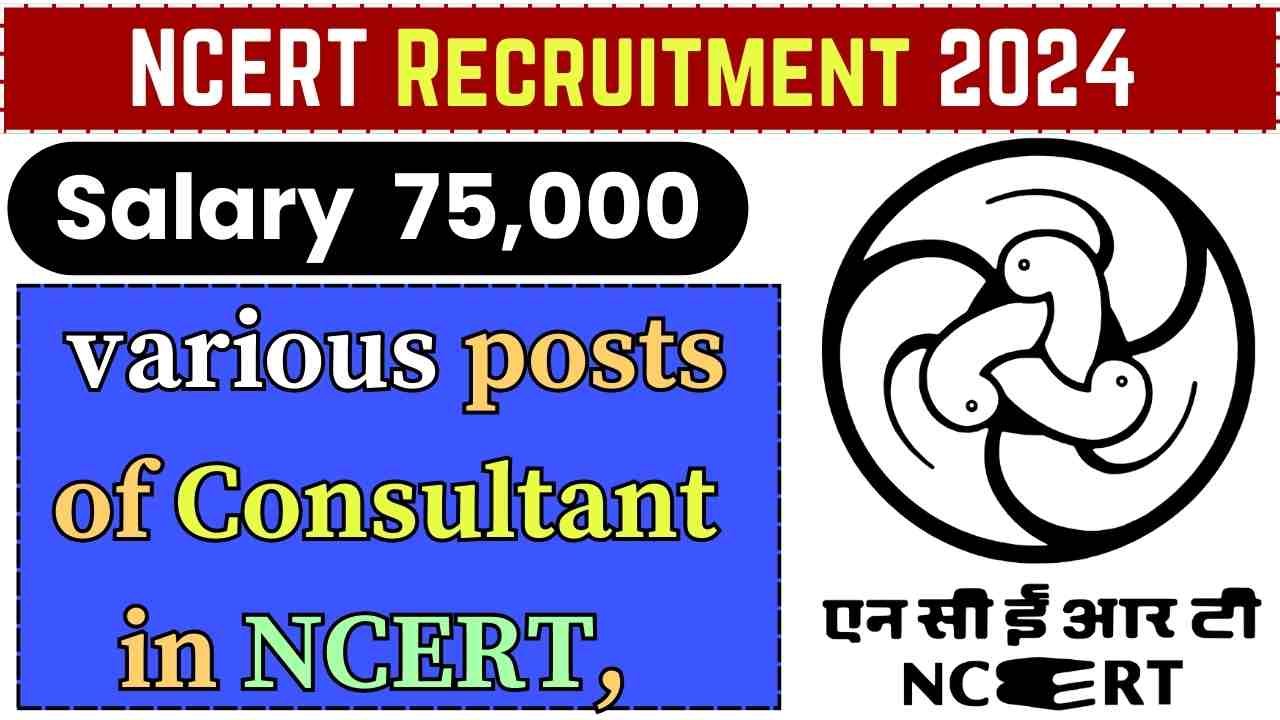There are multiple competitive exams conducted in India. The various exams are conducted for candidates who want to gain admission to undergraduate courses. One such competitive level exam is the BITSAT exam. BITSAT is a Birla Institute and science admission test. The applications for the BITSAT 2024 exam start on 14 January 2024. The last application date is 11 April 2024. If you are also interested in applying for this competitive exam or know about the latest syllabus and exam pattern, you should read this post
What is the BITSAT exam?
This exam is conducted by Birla institute. It is conducted to get admission for candidates who want to take admission to undergraduate engineering programs. It is offered at campuses in Goa, Pilani and Hyderabad.
Highlights of BITSAT 2024
| Exam Full Name | Birla Institute of Technology and Science Admission Test |
| Conducting Body | BITS Pilani |
| Frequency of exam | Twice a year |
| Exam Level | University-based National Exam Level |
| Languages | English |
| BITSAT Exam Date | Session 1: 21 to 26 May 2024, Session 2: 22 to 26 June 2024 |
Important Dates
The vital dates and schedule for BITSAT 2024 might be introduced on the official BITS website. These dates consist of closing dates for application submission, the release of admit cards/hall tickets, exam dates, end result dates, and any counselling schedules.
| Applications start on | 14 January 2024 |
| Last date to apply (for Session I or each) | 11 April 2024 |
| Edit window for application form | 15th – 19th April 2024 |
| Allotment of take a look at facilities | 01 May 2024 |
| Reserve take a look at the date and slot | 6th – 10th May 2024 |
| Bitsat Onine Test Session – I | 21st – 26th May 2024 |
| Application Window opens for the most effective Session II | 22nd May – 20th June 2024 |
| Edit window for application form | 11th-12th June 2024 |
| Allotment of check centres | 13 June 2024 |
| Reserve take a look at the date and slot | 15th-17th June 2024 |
| Bitsat Onine Test Session – II | 18th – 22nd June 2024 |
| Admit list declaration | 3rd July – 19th July 2024 |
| Document verification | 30 July 2024 |
| The first semester begins | 01 August 2024 |
Exam Centers
The examination facilities for BITSAT 2024 are strategically positioned throughout India, Nepal and Dubai. This distribution guarantees that registered candidates have a convenient right of entry to an exam venue near their region of house or preference. It additionally reduces journey-associated demanding situations by presenting multiple options in affordable proximity.
BITSAT 2024 exam Pattern and marking scheme
Before diving into the specific BITSAT 2024 exam pattern and marking scheme, you need to know its basic details.
No. Of time and tries: Candidates can take the BITSAT examination two times. This is the maximum number. BITSAT uses the term “sessions” to consult the two-time application intervals.
BITSAT offers flexibility in choosing while you are taking the exam in a delegated exam window. You can select one date in this window to sit for the exam.
- One Session: You practice at some stage in the main application window and can best take the exam as soon as in the special checking out window.
- Both Sessions: You observe in the course of the application window (generally opens after the results of the first consultation are declared) and are eligible to take the examination two times in the trying-out window. The better score out of your attempts may be considered for admission.
Duration: The length of the examination is 3 hours, in the course of which candidates are required to answer more than objective questions covering topics like physics, chemistry, mathematics, English proficiency, and logical reasoning.
It’s additionally crucial to note that there are no sectional closing dates in BITSAT. This approach that candidates have the power to allocate their time across special sections primarily based on their strengths and weaknesses.
BITSAT 2024 Marking Scheme
There are 130 MCQs, i.e. Multiple Choice Questions across 4 sections in the BITSAT exam 2024. For every correct answer, applicants rated 3 marks, and for every wrong answer, 1 mark was deducted. If an answer isn’t tried, no marks are provided or deducted.
The BITSAT exam is a computer-based exam offering multiple choice questions (MCQs). The examination is best conducted in the English language. It encompasses 4 sections that ensure a complete assessment of the applicants’ expertise throughout diverse disciplines
| Part | Subject | Number of Questions |
| Part 1 | Physics | 30 |
| Part 2 | Chemistry | 30 |
| Part 3 (a) | English Proficiency | 10 |
| Part 3 (b) | Logical Reasoning | 20 |
| Part 4 | Mathematics/Biology | 40 |
| Total | 130 |
BITSAT Syllabus & Important Topics
The complete syllabus for BITSAT is based on the NCERT syllabus for the 11th and 12th classes. Let’s test the topics covered below
| Subject Topics Covered |
| Physics Units & Measurement |
| Kinematics |
| Newton’s Laws of Motion |
| Impulse and Momentum |
| Work and Energy |
| Rotational Motion |
| Gravitation |
| Mechanics of Solids and Fluids |
| Oscillations |
| Waves |
| Heat and Thermodynamics |
| Electrostatics |
| Current Electricity |
| Magnetic Effect of Current |
| Electromagnetic Induction |
| Optics |
| Modern Physics |
| Electronic Devices |
| Chemistry States of Matter |
| Atomic Structure |
| Chemical Bonding & Molecular Structure |
| Thermodynamics |
| Physical and Chemical Equilibria |
| Electrochemistry |
| Chemical Kinetics |
| Hydrogen and s-block factors |
| p- d- and f-block elements |
| Principles in Organic Chemistry and Hydrocarbons |
| Stereochemistry |
| Organic Compounds with Functional Groups Containing Oxygen and Nitrogen |
| Biological, Industrial and Environmental Chemistry |
| Theoretical Principles of Environmental Chemistry |
| English Grammar Vocabulary |
| Reading Comprehension |
| Composition |
| Logical Reasoning (Verbal and Non-Verbal) Verbal |
| Analogy |
| Classification |
| Series Completion |
| Logical Deduction |
| Chart Logic |
| Non-Verbal |
| Pattern Perception |
| Figure Formation and Analysis |
| Paper Cutting |
| Figure Matrix |
| Rule Detection |
| Mathematics Algebra |
| Trigonometry |
| 2-D and 3-D Coordinate Geometry |
| Differential and imperative calculus |
| Ordinary Differential Equations |
| Probability |
| Vectors |
| Statistics |
| Linear Programming |
| Mathematical modeling |
| Biology Diversity in the Living World |
| Cell: The Unit of Life |
| Structure and Function Genetics and Evolution |
| Structure and Function – Plants & Animals Reproduction |
| Growth and Movement in Plants |
| Reproduction and Development in Humans |
| Ecology and Environment |
| Biology and Human Welfare |
| Biotechnology and its Applications |

